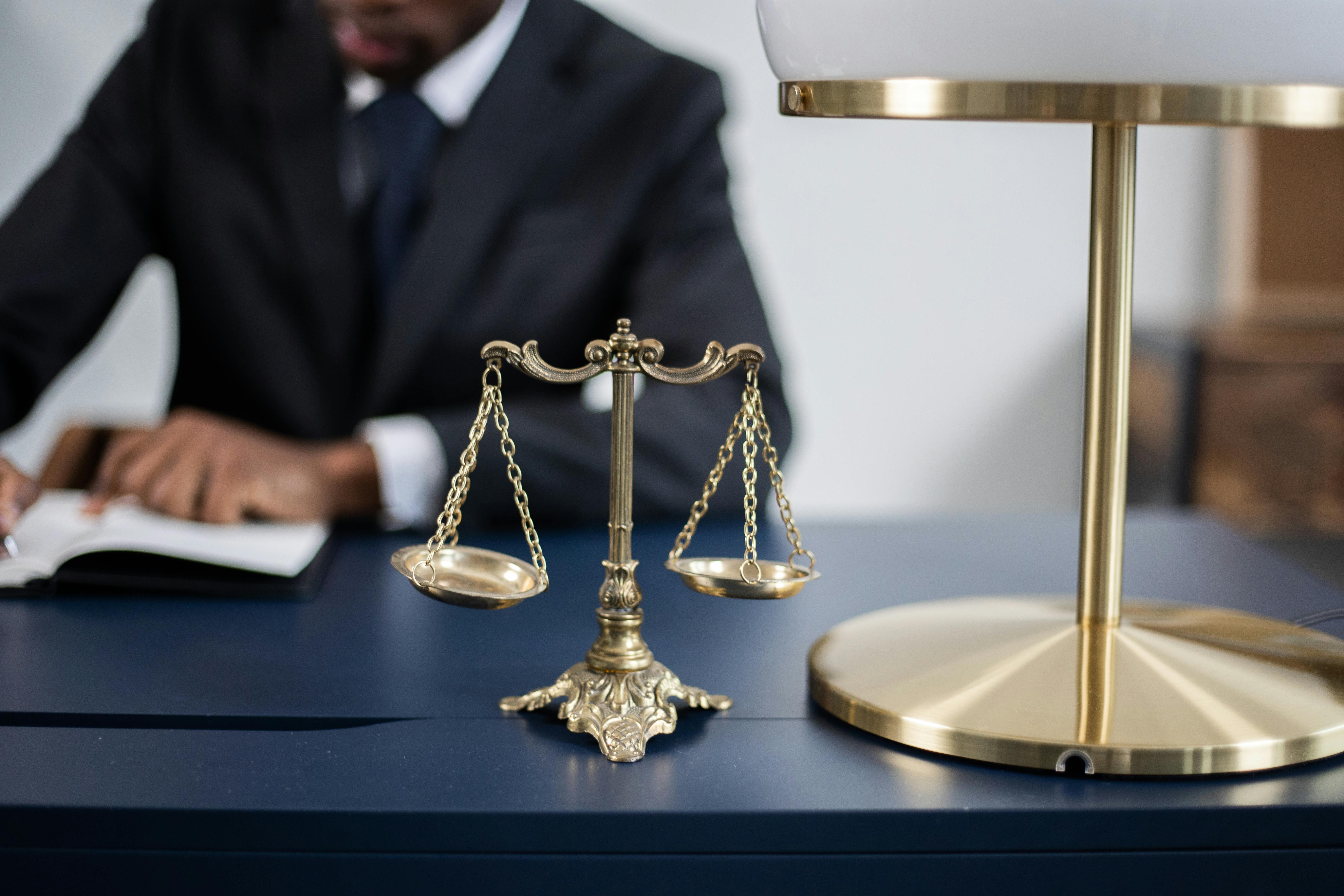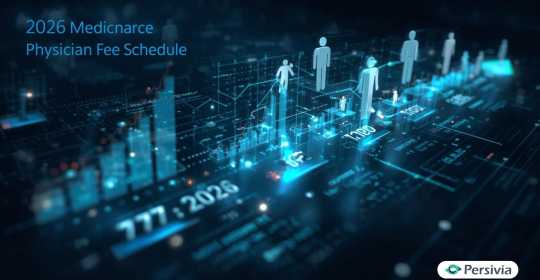Your adrenaline is pumping. Other drivers are upset. Emergency vehicles are arriving. The chaos makes clear thinking difficult. But what you do in those first moments determines how well you recover physically and financially. Knowing what to do after a car accident ensures safety, documentation, and legal protection. Getting immediate steps right prevents problems that compound later.
Your actions immediately after collision either protect your interests or undermine them. Taking photos protects your case. Staying silent protects your rights. Getting medical attention establishes injury records. Contacting the right people at the right time matters enormously. Most drivers have no plan and just react emotionally to chaos. That reactionary approach often creates problems they didn't need to face. Having a clear process prevents mistakes that damage your position.
Understanding what to do after a car accident ensures you handle the aftermath correctly and protect yourself fully. Calm, informed responses preserve health and evidence while protecting your legal rights completely. Here's how to manage the critical hours and days following a collision with clarity and confidence.
Immediate Safety and Emergency Protocols
First priority is safety. Move vehicles out of traffic if they're drivable and you're not injured. Turn on hazard lights. If vehicles can't move, stay inside with seatbelts on. Call 911 for emergency services if anyone is injured. Wait for police and paramedics. Don't abandon the scene. Don't accept rides from the other driver. Stay at the accident location until authorized to leave.
Check for injuries immediately. You might not feel pain initially because adrenaline masks it. Look for visible injuries on yourself and passengers. If anyone feels anything unusual, report it to paramedics. Get checked at hospitals even if you feel fine. Some injuries don't manifest immediately. Documenting medical evaluation right away creates the record proving injuries existed from the accident.
Stay calm and don't admit fault to the other driver. Don't say things like "I'm sorry" or "I didn't see you" because those statements get used against you later. Don't let anger escalate the situation. Don't get physical. Keep interactions brief and polite. Exchange insurance information and take photos. Anything you say can become evidence in claims or lawsuits.
When and How to Report the Accident
Police reports are crucial documentation. In most states, you're required to report accidents to police if there's injury or significant property damage. Call police and wait for officers. Give them factual information about what happened. Answer their questions. Get the police report number and officer information. Request a copy of the full report including all photos and witness statements.
Timing matters for reporting. Report immediately rather than waiting. Fresh information gets recorded more accurately. Delayed reporting looks suspicious and gives opposing counsel ammunition. Prompt reporting shows you're acting responsibly and documenting immediately. That pattern strengthens your credibility later.
Contact your insurance company promptly. Most policies require notification within specific timeframes. Provide factual information about what happened. Answer their questions honestly. Don't speculate about fault. Don't sign anything without reading it completely. Insurance companies will try to get statements minimizing your damages. Get everything in writing and keep copies of all communications.
Documenting Injuries and Following Up With Medical Care
Seek medical attention immediately even if injuries seem minor. Whiplash, internal injuries, and concussions don't always cause immediate symptoms. Medical professionals evaluate you and create records documenting injuries from the accident. Those records become crucial evidence in claims. Delaying treatment gives insurance companies ammunition to argue injuries weren't serious.
Keep detailed records of all medical care. Doctor visits, emergency room trips, prescriptions, and therapy sessions. Photographs of visible injuries like bruises or cuts. Journal entries describing pain, limitations, and how the injury affects daily life. This documentation quantifies your damages and proves injury severity. Medical records alone aren't enough. Personal descriptions of how injuries impact you strengthen your claim.
Follow all medical advice. Take prescribed medications. Attend physical therapy appointments. Complete recommended treatment. Following medical guidance proves you're taking recovery seriously. Non-compliance gets used against you to argue injuries aren't serious. Medical compliance also improves your actual recovery chances. Better health plus stronger legal position is a win-win that matters.
Contacting Legal Counsel to Protect Your Rights
Get legal help quickly, especially if injuries are serious or fault is disputed. Attorneys handle insurance company communications preventing accidental statements that undermine your case. They gather evidence before it disappears. They advise on settlement offers and protect your rights throughout the process. Early intervention prevents mistakes that create problems later.
Many attorneys offer free consultations for accident cases. Getting professional perspective costs nothing initially. Attorneys can assess whether you have a strong case and what compensation might be reasonable. That professional guidance prevents accepting inadequate settlements or making preventable mistakes. Early consultation puts you ahead of the process.
Don't accept insurance company settlement offers without attorney review. Adjusters pressure quick settlement because they know most people will accept low offers under stress. Attorneys push back against pressure and negotiate better deals. That professional advocacy often increases settlements more than their fee costs. Getting legal help is smart financial decision, not unnecessary expense.
Bottom Line
A calm, informed approach after collisions preserves health and evidence while protecting legal rights. Immediate safety comes first. Police reports document the accident officially. Medical care establishes injury records. Insurance company notification starts the process. Gathering evidence immediately creates documentation supporting your claim. Contacting legal help prevents mistakes and protects your interests.
Most people don't plan for accidents until they happen. Creating a mental checklist beforehand means you're prepared if the worst occurs. Know what to do, who to contact, and what to document. That preparation transforms chaotic moments into managed situations where you protect yourself effectively.
The hours after accidents determine outcomes. Act calmly, document thoroughly, and seek professional help immediately. That informed response protects your health, your evidence, and your legal position when accidents happen.





